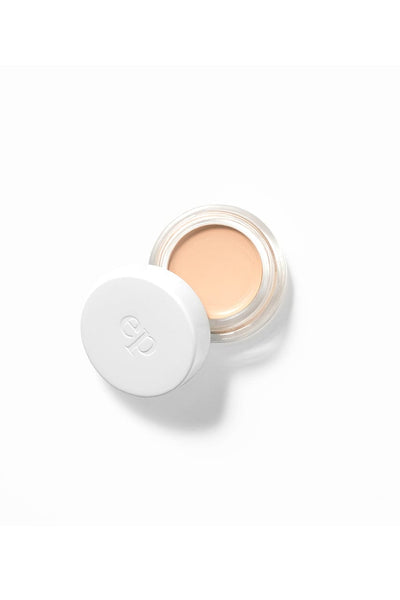Why You Need To Ditch Chemical Sunscreens. Now.
Summer is coming and most of us are looking forward to the additional warmth, and perhaps even a summer sun holiday over the next few months. Soaking up some natural Vitamin D is a wonderful prospect for most of us, but if we are going to spend any prolonged time at the beach or in strong sunshine than it's necessary to use an SPF.
By now, many of you are aware that chemical sunscreens are a health and environmental hazard. Many traditional sunscreens which you can buy in pharmacies and supermarkets contain chemical substances like Oxybenzone, Benzophenone, Octinoxate, Homosalate and Parabens which can disrupt hormones and the endocrine system. These chemical ingredients, harmful especially at small doses as they mimic our own bodies' hormones, are especially toxic to children, whose systems are rapidly developing. They can also contain mineral oil which can clog the pores and prevent natural sweat secretion, and can be highly allergenic. You also need to wait 20-30 minutes after applying before they even become fully effective. Since we use SPF to help us avoid damaging UV rays from the sun, it doesn't make any sense to then slather on a product that is going to be harmful to us in order to protect us from another form of harm.
Chemical sunscreens are also a hazard to the ocean's natural eco-system and they degrade coral reefs, so it's important to seek out mineral sunscreens that are non-toxic to the environment and reef safe.
Mineral sunscreens on the other hand contain a natural 'shield' against the suns UVA and UVB rays that instantly and effectively reflect the suns rays. Watch out for mineral-based sunscreens that mix chemical ingredients along with a mineral base, as these chemicals can still cause harm.
Look for a mineral formula that is SPF30 or over, and ideally in a lotion (sprays contain nanoparticles that can be inhaled, and harmful to your lungs even when the formulation is non-toxic for you skin). There is rarely any need to go higher than an SPF50 as the difference in protection above this is very small, so you are just slathering on addition product for not a lot of return. Under the active ingredients there should be zinc oxide and/or titanium oxide and nothing else. Yes, some mineral SPF50 formulations can be thick and pasty but there are also plenty of formulas out there that are silky smooth to apply, smell wonderful and leave no sticky, white residue. Mineral sunscreens always protect against UVA and UVB rays, so against sunburn as well as premature ageing and potential cancer-causing rays.
Sunshine Survival Tips:
- Try to stay out of the direct sun as much as possible between 10am and 4pm.
- Use a glamorous kaftan, t-shirt, swimsuit or rash-guard to help protect more of your skin
- Apply a good quality mineral sunscreen, making sure that you apply plenty of it and frequently throughout the day
- All the above is especially important for children. Keep them out of direct sun as much as possible, using hats, clothes and sun shades, and ensure that they have plenty of a good quality mineral sunscreen on any exposed areas of skin.
Shop The Clean Beauty Edit's Sun & Tan Collection for a range of clean beauty products perfect for summer and the beach!



















